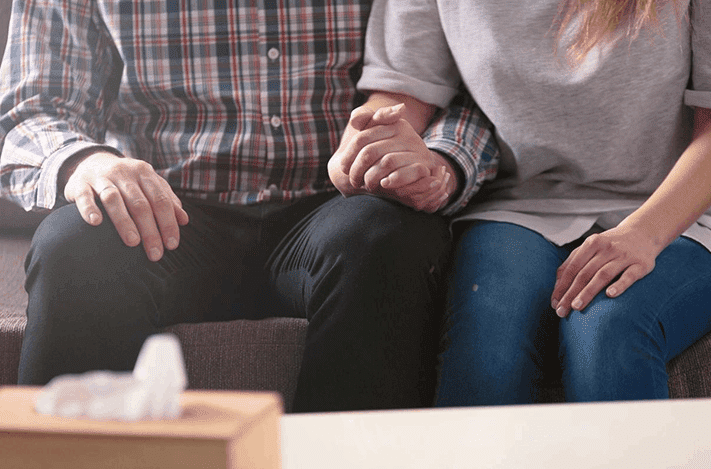Breaking Mental Health Stigma in BIPOC Communities
Mental health is essential to our overall well-being and quality of life. Unfortunately, stigmas surrounding mental health can prevent individuals from seeking the help they need. This is especially true within the Black, Indigenous, and People of Colour (BIPOC) community, where cultural, societal, and historical barriers inhibit individuals from addressing their mental health concerns.
Breaking the stigma surrounding mental health within the BIPOC community is crucial. Here's why:






